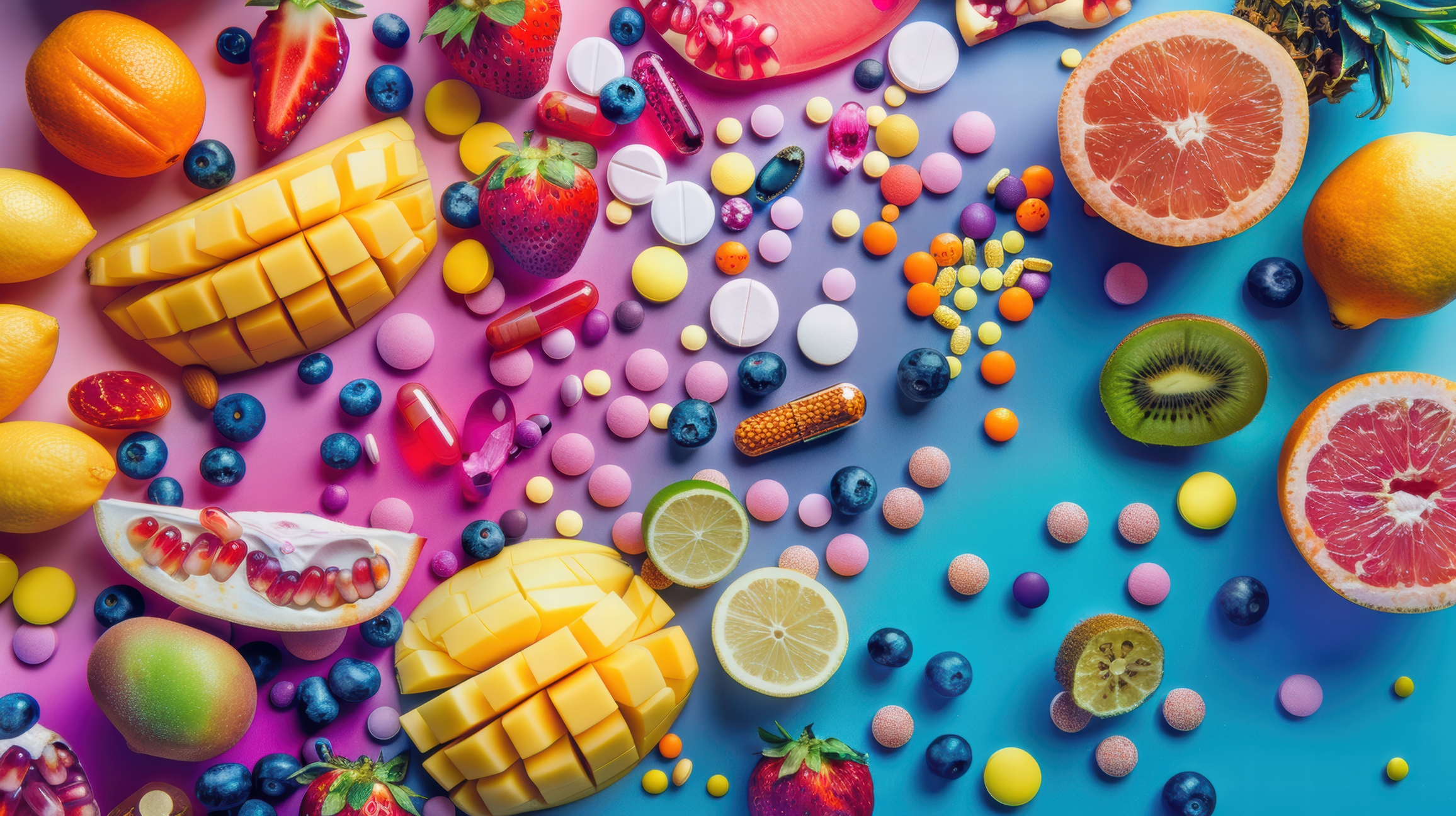Campus Living, Life on Campus
5 Ways to Maintain Your Vitamin Levels While Being a College Student
Taylor McKnight

After students first arrive on campus, they are not necessarily prepared for the vigorous life they are about to lead. They find out later that they must make an effort to maintain a balanced diet to ensure that they can perform at peak levels while they are in school. In many cases, this is not what happens, and they may become very unhealthy in their first years in college. In this article, we will give you five easy ways that you can maintain your vitamin levels while you are a busy college student.
The Important Role of Managing Your Vitamin Levels in College
Being a college student leads to vitamin deficiencies. As they spend their time studying, they often neglect to consume a balanced diet because studying comes first. Eating healthy foods becomes an afterthought, so they tend to eat a lot of highly processed foods that are lacking in essential nutrients. That’s why the most common deficiencies among college students are deficiencies in iron, vitamin B12, and vitamin D.
Deficiencies in the nutrients listed above cause a college student’s academic performance to suffer. Deficiencies in these nutrients lead to a lack of energy, impaired cognitive function and a weakened immune system response.
5 Easy Ways to Maintain Your Vitamin Levels While Being a College Student
Have IV Therapy
You can take vitamin supplements, but this is not the most effective way to obtain sufficient levels of nutrients. That is because, when you take a pill, it must go through the digestive tract. It breaks these pills down and does not allow most of the nutrients to enter the bloodstream.
IV therapy eliminates the problem that pills cause. By injecting vitamins and minerals directly into the bloodstream, they do not have to pass through the digestive tract. Then, they can go to the body’s cells immediately.
This is a great option for college students because it gives them an instant shot of energy and support for the immune system. Immediate entry into the bloodstream also allows the body to respond quickly to the demands of their busy schedules and any stress they may experience.
Take Advantage of Sunlight
You have one simple way to create vitamin D. When your skin is exposed to the sun’s ultraviolet rays, the skin can create vitamin D. All this requires is that you take a walk around the block each day.
Refrain from Using Stimulants
College students often drink copious amounts of coffee and “energy” drinks loaded with caffeine. They may even take pharmaceuticals to help them stay awake at night, such as Adderall. Not getting enough sleep causes them to become exhausted, so they need to take even more stimulants to function, but leaving these stimulants behind is the best plan for a college student.
Increase the Consumption of Vitamin C
The iron in fish, poultry and meat is the most absorbable type and is referred to as “heme.” “Nonheme” iron is found in plants, but this is not as easily absorbed by the body as heme iron. If you are a vegetarian and are only receiving iron from plant-based sources, you can increase the amount of iron your body absorbs by increasing your consumption of vitamin C.
Maintain Healthy Levels of Vitamin B12
College students are often deficient in vitamin B12, but it is an important nutrient while they are at college and beyond. It is a vitamin that is essential in creating the outer coating of the nerve cells, which is very important for allowing the brain to function properly. Unfortunately, the body does not absorb vitamin B12 easily, but you can help.
Vitamin B12 needs digestive enzymes and acid to break the bonds that the vitamin and the proteins from food form. Adequate amounts of digestive enzymes allow vitamin B12 to be released from its bonds and absorbed by the body.
What Can Hurt Your Vitamin Levels as a College Student?
Dark Skin
One thing that can hurt your Vitamin D levels is having darker skin. Dark skin provides more protection from the sun’s UV rays, but the skin needs these UV rays to produce vitamin D. Therefore, the skin is unable to make as much vitamin D when it is darker than when it is lighter. Some illnesses also prevent the production of vitamin D, including inflammatory bowel disease, celiac disease, osteoporosis, and obesity.
Vegetarian or Vegan Diets
Vegetarian and vegan diets tend to be deficient in vitamin B12. Vitamin B12 is plentiful in meat, poultry, eggs, fish, and dairy products. Salmon, trout, beef liver, and clams have the highest vitamin B12 content. Vegetarians and vegans do not consume these products, and plants do not contain as much vitamin B12, so vegetarians and vegans tend to be deficient in vitamin B12.
Written by Taylor McKnight, Author for LIVE Hydration Spa









_crop-238x300.jpg)

